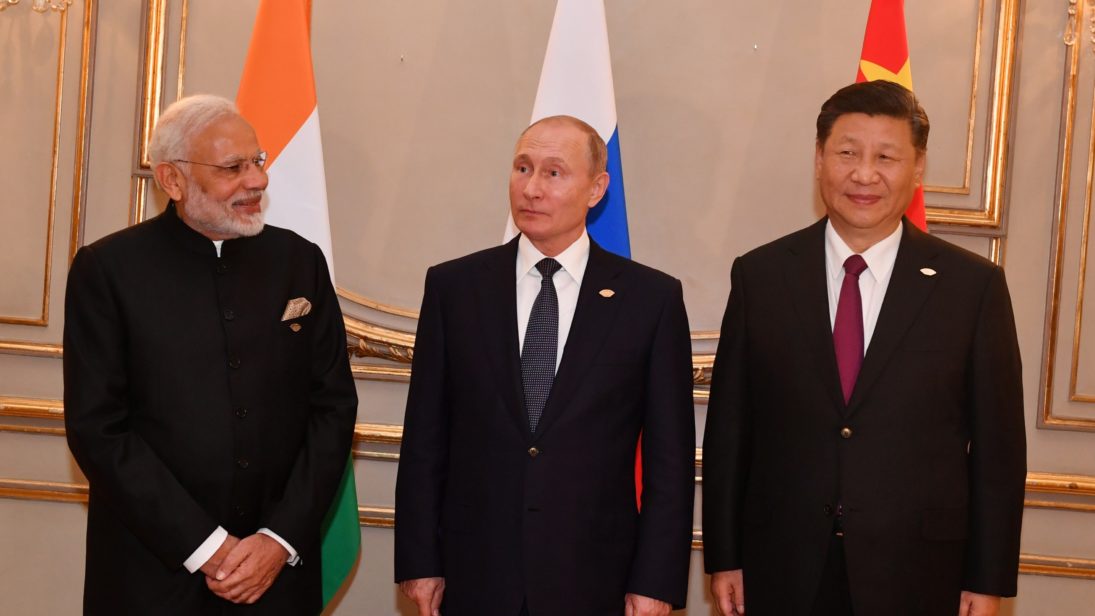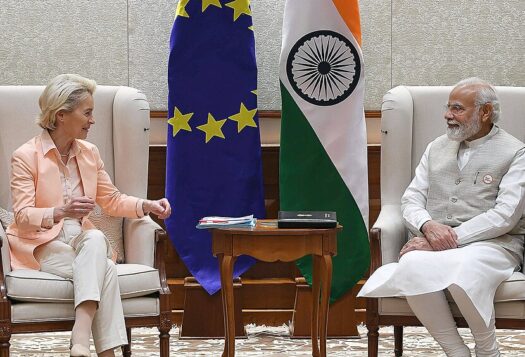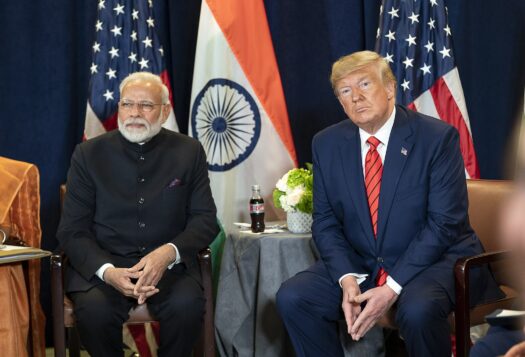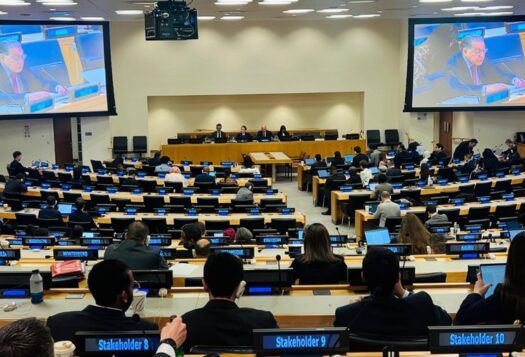
A partial withdrawal of U.S. troops from Afghanistan, an eventuality that has been intensely debated in the last six months, appears imminent. Media reports about Trump’s impending decision to recall half of the 14,000 U.S. troops have raised concerns regarding the security situation in Afghanistan, an issue that analysts have broached ever since President Donald Trump took office. With the United States abandoning any hope for a pure military victory and questions being raised over its ability to strike a successful peace deal with the Afghan Taliban, the withdrawal of U.S. troops appears inevitable. As the United States plans to reduce its presence in Afghanistan, it should take on the responsibility of facilitating cooperation among the regional countries. It is high time that these countries take responsibility for the security situation in Afghanistan by cooperating to reach a political settlement rather than competing to spread their influence inside the country.
Potential for Regional Countries
A polarized regional environment has contributed immensely to the continued conflict in Afghanistan. The battle among regional stakeholders over ownership of peace talks and their strategic interests in the region has been a stumbling block to achieving regional cooperation on Afghanistan. The incentive to expand their influence within Afghanistan and the region has led Russia, Iran, and Pakistan to hedge their bets by backing the Afghan Taliban, thereby playing spoiler to the success of an Afghan-led and owned peace process and further elevating the status of the Taliban. For Russia and Iran, accusations indicate that both countries seek to limit U.S. influence in Afghanistan by supporting various quarters of the Taliban. Pakistan’s support of the Taliban derives from its fears of Indian influence in Afghanistan. There is, however, potential for regional stakeholders to end this contest for influence in the country and chart a path forward for a peaceful Afghanistan with minimal help from the United States.
Regional countries could take the lead in resolving their own disputes that have inhibited progress on Afghanistan for decades, such as the India-Pakistan rivalry. The murky relationship between India and Pakistan has had direct implications on the Afghan peace process. A neutral party such as Russia, which maintains positive relations with both countries, could bring these clashing countries to the table in the context of peace talks – as indeed it already has. In November, the multilateral peace conference organized by Moscow witnessed the representation of both Pakistan and India.
A neutral party such as Russia, which maintains positive relations with both [India and Pakistan], could bring these clashing countries to the table in the context of peace talks – as indeed it already has.
Positive signals from Pakistan indicate that the country may be interested in further cooperating and reducing mistrust with India, with Pakistan’s Foreign Minister Shah Mehmood Qureshi acknowledging India’s role in Afghanistan and calling for India-Pakistan cooperation in Afghanistan. Indian analysts have expressed skepticism over Qureshi’s statement, asserting that it does not suggest a major shift in Pakistan’s foreign policy given that the Pakistani military, the entity in Pakistan that is responsible for strategy towards Afghanistan, did not endorse it. Even so, in light of Pakistan’s economic crisis and an uptick in pressure on India to increase its engagement in the Afghanistan conflict, the acknowledgement does open doors for limited dialogue. Peace initiatives such as the Russia-led multilateral conference, which demand that India and Pakistan share the same platform, could help the two countries in exchanging dialogue on Afghanistan, building trust, and even engaging in state-building and investment projects such as the Turkmenistan-Afghanistan-Pakistan-India (TAPI) project. Through such efforts, India and Pakistan can ensure that their bilateral tensions do not get into their way of engagement on Afghanistan.
Another stumbling block to the resolution of the conflict in Afghanistan – often pointed out by the United States – is Pakistan’s covert support of the Afghan Taliban. American policymakers, military officials, and analysts have long maintained that the reason for the Taliban’s military success and its aversion towards dialogue with the Afghan government is Pakistan’s backing of the group. However, it is also true that Pakistan’s relationship with the Taliban could be leveraged to bring all parties, including the Taliban, to the same table. The Eid ceasefire in July and the United Arab Emirates-hosted Pakistan-facilitated talks between the Taliban and U.S. officials in December signal Pakistan’s growing seriousness in the peace process. It is time for Pakistan to establish its sincerity in peace talks by abandoning its double game of both facilitating the peace talks and supporting the Afghan Taliban. In doing so, Pakistan can work towards improving its relationship with Afghanistan.
China is the most crucial actor in ensuring Pakistan’s sincerity in the peace process. Beijing, due its massive investment in Pakistan and fear of an unstable Afghanistan derailing its multi-dollar project, Belt and Road Initiative (BRI), could play a huge role in inducing Pakistan to be sincere in its engagement with the peace process. According to several Pakistani reports, Pakistan and China “played a key role in brokering the ceasefire deal.” China has taken the responsibility of engaging in shuttle diplomacy between Islamabad and Kabul. Beijing even hosted the trilateral talks in December 2017, where Pakistan, China, and Afghanistan called upon the Taliban to join the peace process. Beijing’s enormous influence over Pakistan is critical in acquiring Pakistan’s support for the peace process and bringing the Taliban to the table.

Timefor Regional Countries to Take a Step Together
The United States has accepted and highlighted the responsibility of the regional players to bring stability in Afghanistan. For this to happen, the United States needs to devise a near-term strategy in the pre-political settlement world to help the regional countries to embark on a long-term strategy for Afghanistan in the post-political settlement world. Reaching a political solution with the Taliban without taking regional countries into confidence has affected America’s ability to achieve an end to the war. However, the United States now appears to be working towards a regional consensus, as visible from Special Representative for Afghanistan Reconciliation Zalmay Khalilzad’s latest effort to lead an interagency delegation to India, China, Afghanistan, and Pakistan from January 8th to January 21st.
The United States needs to devise a near-term strategy in the pre-political settlement world to help the regional countries to embark on a long-term strategy for Afghanistan in the post-political settlement world.
With this strategy in mind, the United States should continue to provide regional players with a platform to settle their inter-state differences and facilitate regional cooperation towards a peace settlement. A regional consensus on the Afghan peace process is a prerequisite for achieving long-lasting solution in Afghanistan. Instead of pushing these countries to fight the Taliban in Afghanistan – a sentiment visible from Trump’s recent statements on the issue – the United States can support the countries in formulating a long-term vision for Afghanistan and the region, especially if and when the Afghan Taliban becomes a part of the government. The support would require the United States to cooperate with Russia, a country with which it shares a hostile relationship. This is important considering the role Russia can play in bringing the region together, especially on the issue of Afghanistan.
At a time when the chances of achieving a political settlement in Afghanistan are high, as evidenced from the involvement of Taliban representatives in the peace talks, regional countries must heighten the intensity of their cooperation. The fear of a refugee crisis could act as motivating factor for the countries to work together. Pakistan, Russia, and Iran have all raised concerns about the United States establishing a permanent base in South Asia in the past, but have now displayed anxieties over the consequences of a hasty U.S. withdrawal. Afghanistan, which shares borders with Pakistan, Iran, Turkmenistan, Uzbekistan, Tajikistan, and China, is already the second biggest source of refugees in the world. Pakistan, which is already struggling with economic crisis at home, does not have the appetite to take in more refugees. Additionally, China is uneasy about the potential for Afghan instability spilling into its nearby Xinjiang region. These shared apprehensions may allow the countries to set aside their strategic differences and work to prevent Afghanistan from descending into further chaos.
Image 1: MEAPhotogallery via Flickr
Image 2: Andolu Agency via Getty Images


